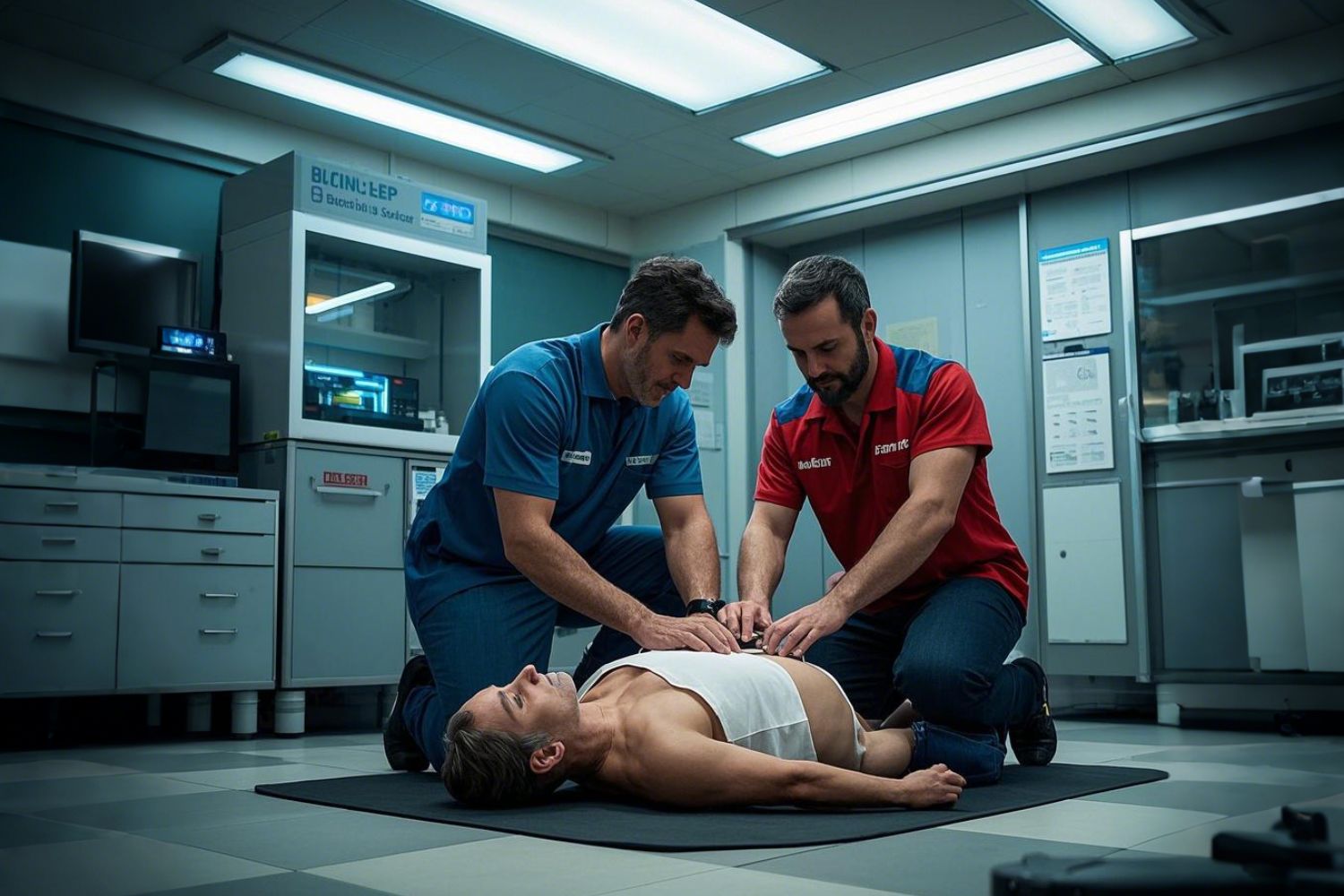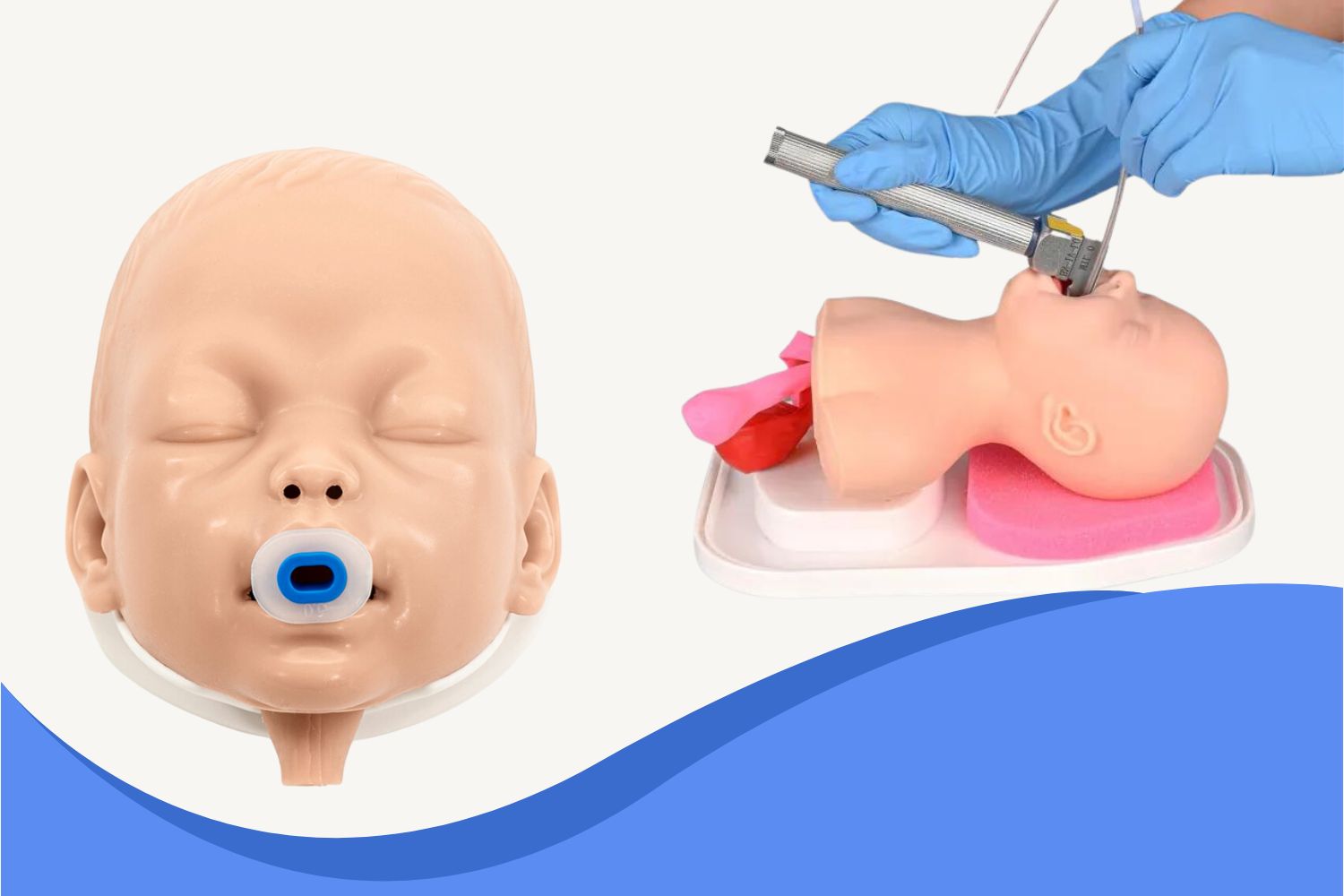Neonatal intubation is a delicate yet essential skill in newborn care. It ensures proper airway access, ventilation, and oxygenation in critical situations. Mastering this technique directly improves patient safety and outcomes, especially in NICUs.
Why It's Crucial:
- Airway Management: Proper intubation keeps the airway open in infants with underdeveloped or obstructed airways.
- Ventilation & Oxygenation: It ensures controlled breathing and optimal oxygen delivery, especially in cases like RDS or birth asphyxia.
- Prevention of Aspiration: Intubation prevents fluid from entering the lungs, reducing the risk of aspiration pneumonia.
- Medication Delivery: Allows for fast, targeted respiratory medication administration.
- Support in Emergency Situations: Rapid, accurate intubation saves lives during respiratory failure or severe distress.
- Facilitates Diagnosis: Some respiratory diagnostics or bronchoscopy require intubation.
- Reduces Risk of Complications: With proper training, practitioners avoid trauma or incorrect placement.
Train with Confidence Using the Right Tool
For realistic, hands-on intubation practice, we recommend the:
▶ Pediatric Intubation Trainer
This high-fidelity manikin mimics infant anatomy and airway resistance, making it ideal for both students and clinical teams.
Explore our full Airway Management Trainers to build critical skills in a safe, controlled environment.




.jpeg?w=1000&h=1000)
.jpeg?w=1000&h=1000)
.jpeg?w=1000&h=1000)
.jpg?w=1600&h=1600)
.jpg?w=1600&h=1600)
.jpeg?w=1000&h=1000)
.jpeg?w=1000&h=1000)
.jpeg?w=1000&h=1000)
.jpeg?w=1000&h=1000)

.jpeg?w=1500&h=1500)
.jpeg?w=1600&h=1600)
.jpeg?w=1600&h=1600)
.jpeg?w=1000&h=1000)

